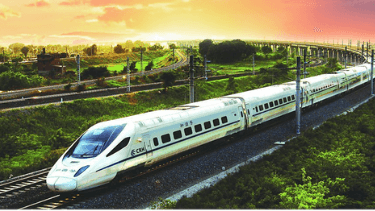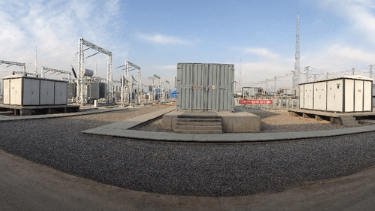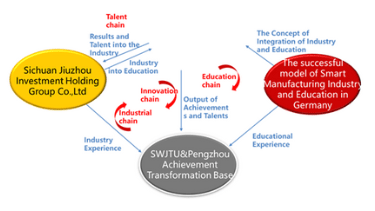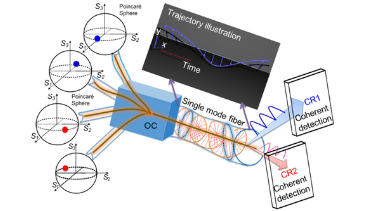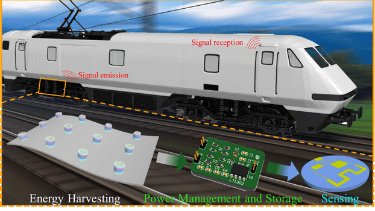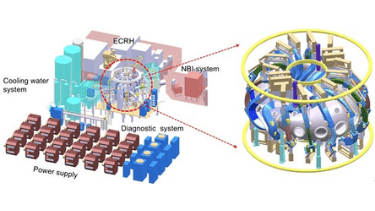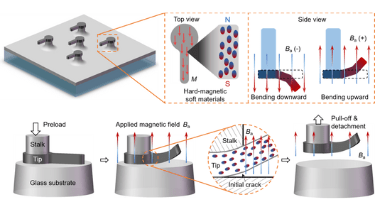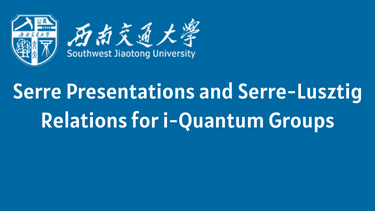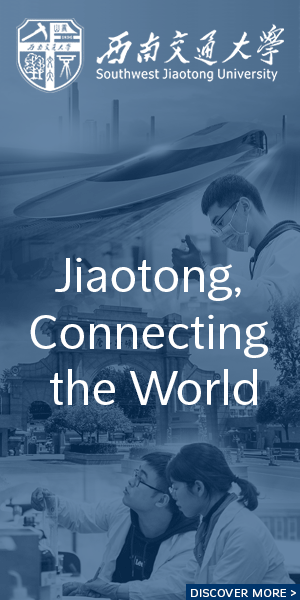Research conducted by Zhaoyuan Wang has proposed a fine-grained, safe, and energy-efficient strategy to improve the efficiency of metro systems by dynamically scheduling dwell time for trains.
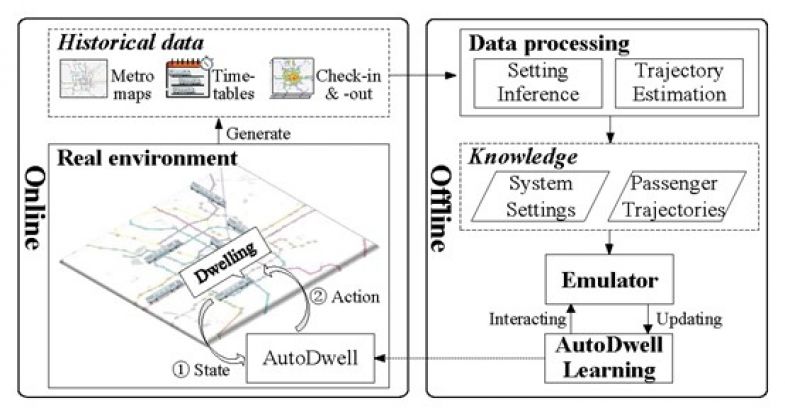
System framework
Zhaoyuan Wang received PHD degrees from the School of Computing and Artificial Intelligence, Southwest Jiaotong University in 2020. His research interests include: Spatio-temporal Data Mining, Data Fusion, and Urban Computing.
Published in IEEE Transactions on Knowledge and Data Engineering, the paper propose a novel deep neural network, entitled AutoDwell. Extensive experiments on two real-world datasets collected from Beijing and Hangzhou, China, demonstrate the superior performance of AutoDwell over several baselines, capable of saving passengers’ overall travel time. In particular, the model can shorten the waiting time by at least 9%, which can boost passengers’ experience significantly.
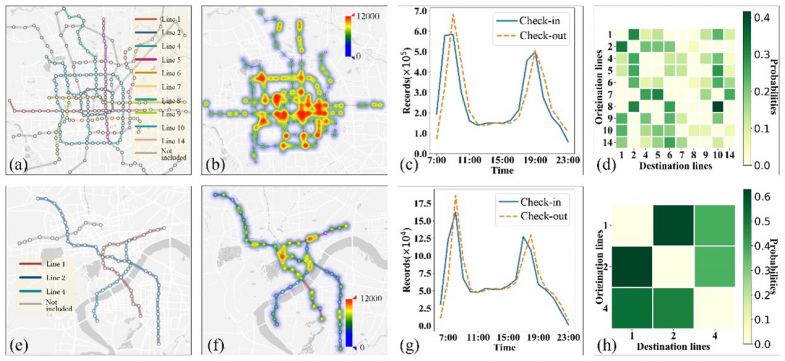
Visualization of datasets. (a) Metro map of Beijing; (b) Daily spatial distribution of check-in records in Beijing; (c) Daily temporal distribution of check-in records in Beijing; (d) Transfer probabilities between lines of Beijing; (e) Metro map of Hangzhou; (f) Daily spatial distribution of check-in records in Hangzhou; (g) Daily temporal distribution of check-in records in Hangzhou; (h) Transfer probabilities between lines of Hangzhou.
As travel efficiency matters to the work productivity of the city, shortening passengers' travel time for metros is therefore a pressing need, which can bring substantial economic benefits. However, developing such a strategy is very challenging because of three aspects: 1) The objective of optimizing the average travel time of passengers is complex, as it needs to properly balance passengers’ waiting time at platforms and journey time on trains, as well as considering long-term impacts on the whole metro system; 2) Capturing dynamic spatio-temporal (ST) correlations of incoming passengers for metro stations is difficult; and 3) For each train, the dwell time scheduling is affected by other trains on the same metro line, which is not easy to measure. To tackle these challenges, the paper proposes a novel deep neural network, entitled AutoDwell.
Specifically, AutoDwell optimizes the long-term rewards of dwell time settings in terms of passengers’ waiting time at platforms and journey time on trains by a reinforcement learning framework. Moreover, AutoDwell devised a passenger feature extractor to capture complex spatio-temporal correlations of passenger flows, and a train feature extractor to model interactions between trains, respectively, providing necessary information to guide the action selection. The results showed that AutoDwell achieves better performance beyond several baselines, capable of saving passengers’ overall travel time.
